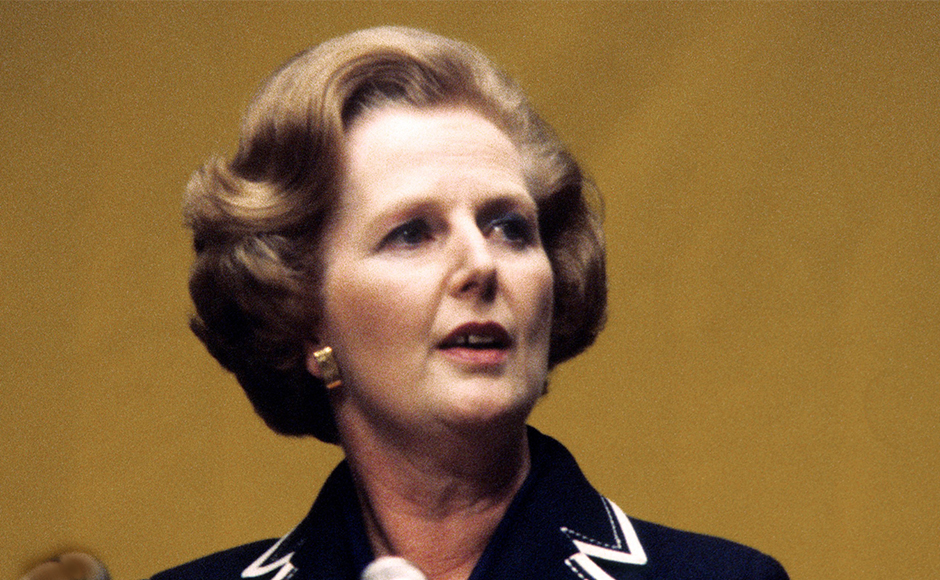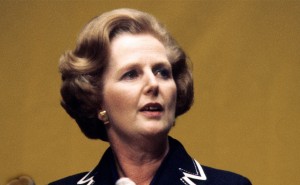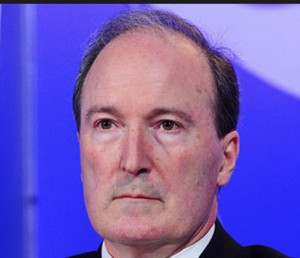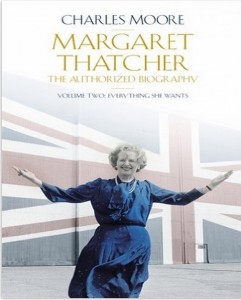
Power of Thatcher years


Charles Moore get indepth into the mid 1980s glory years. Late Prime Minister, Margaret Thatcher the Iron Lady confronted enemies within the UK, including the 1984-85 miners’ strike,,as she was determined to reduce the powers of the trade unions. When in March 1984 the miner’s leader Arthur Scargill called a national strike in response to the proposed pit closures, he ha a strong hand the threat of NUM strike in 1981 had seen Thatcher government back away from reform as the Central Electricity Board depended on coal for two thirds of its feedstock. She knew the stakes were very high ’for her economic transformation of Britain and her reform of the trade unions, for her personal pride and her very survival in office, it was essential she should not be beaten again by the NUM”. . The second installment of Charles Moore’s three-volume authorised biography of Margaret Thatcher is solely devoted to this five year pivotal period between 1982-1987, writes “ Any prime minister would have had to defeat Arthur Scargill, who saw the year long-action as a weapon for the removal of the government and its replacement with radicalized Labour party under union control- and who by refusing to hold a national ballot. Created a movement of working miners that ultimately ended the strike.”
In 1984, she met the future Soviet leader Mikhail Gorbachev, and seized on his more open nature “glasnost” meaning openness and spoke of him as “a man one could do business with”. The Soviet leader sought to humanise communism with economic restructuring ( Perestroika) and she had a enthusiastic relationship. According to defecting KGB officer Oleg Gordievsky, she knew little about the Soviet Union and said “ she had no historical understanding but excellent moral understanding.” She had her first crucial meeting with Gorbachev at Chequers, and followed it by flying to Pearl Harbour and onto Camp David to see Regan.
While Gorbachev offered hope, She was closer to Ronald Regan, the Us President. Their relationship survived some large shocks, including unannounced US invasion of Grenada a former British colony after a coup. Thatcher saw Regan as worthy leader of the free world.
Her struggles with the EU and her expert tackling of the leaders like France’s President Francois Mitterrand and West Germany’s Chancellor Helmut Khol, were to part successful as she secured a substantial rebate on Britain’s contributions . Her unsympathetic attitude which Moores describes “How dare they! We saved all their necks in the war” reacting to group of foreign ministers getting down to business of EU finance.
Terrorists almost killed her. She was arguing for Nelson Mandela’s release from 1984 and came face to face with PW Botha.
She was cruel to her Chancellor Geoffrey Howe, then foreign secretary, clashed with defence secretary Michael Heseltine over Westland ( Helicopter) affair, which nearly forced her resignation and soured relationship with her close supporters Nigel Lawson and Norman Tebbit.
Moore emphasises her courage and even those who hated her never found her boring.
In 1984 one week before Christmas she flew to Beijing to sign the agreement on the future of Hong Kong, and explain it.
Moores will cover the downfall in the third volume, in the end she had tried too many old friends too much, driven them away and left herself without the trusted support she needed.
She did restore the British economy, and her obvious courage and willingness to face unpopularity made her worth when she negotiated for Britain as one foreign leader said “Before her no one really cared what Britain thought. In her time all over the world, they asked What does Thatcher think ? Where will Britain be?.
In politics if you want anything said, ask a man, if you want anything done ask a woman- Margaret Thatcher.
Margaret Thatcher: The Authorised Biography, Vol 2: Everything She wants by Charles Moore published by Allen Lane £30, 880 pages.

